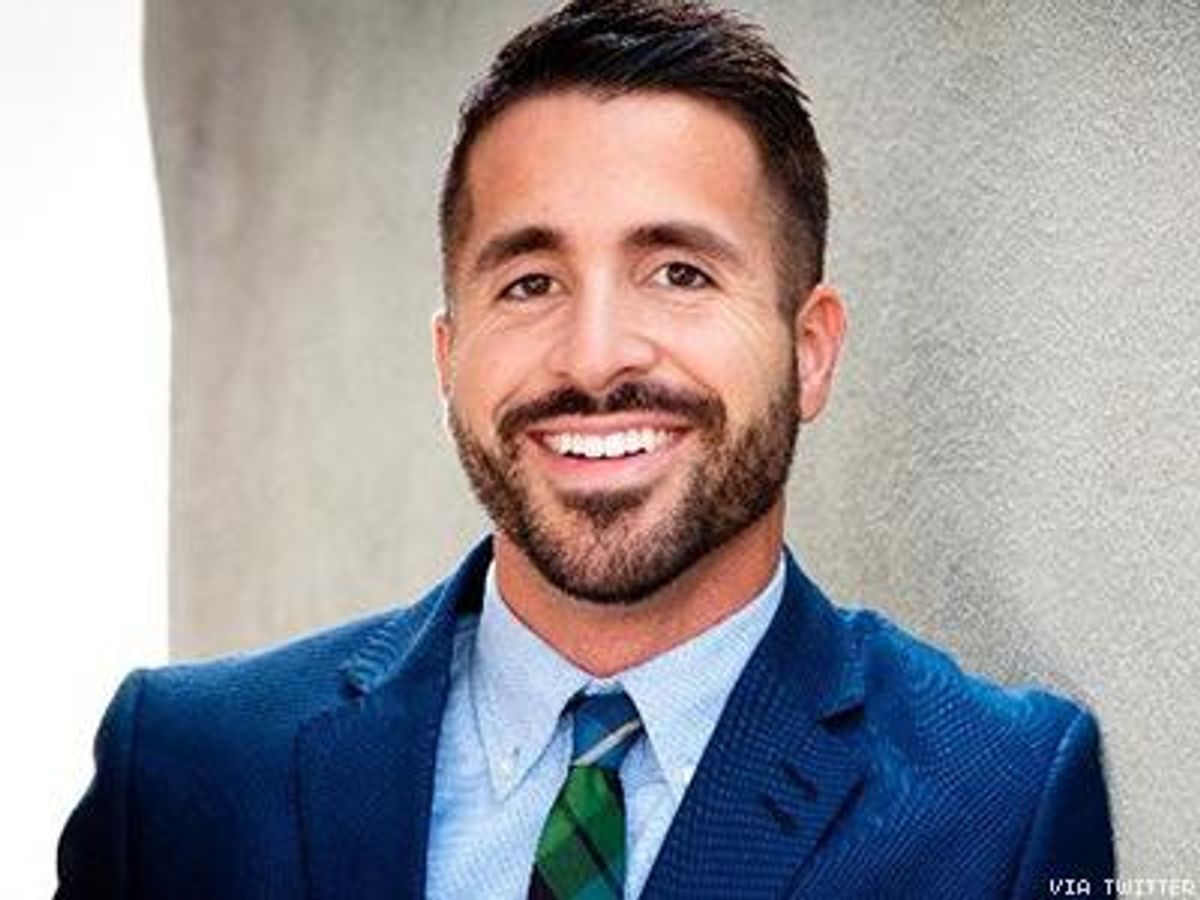A celebrated study that found conversations with gay people can change minds on marriage equality has been debunked.
Major outlets (including The Advocate) hailed an article published last December in Science magazine, "When Contact Changes Minds: An Experiment on Transmission of Support for Gay Equality."
The study reported that a 20-minute conversation with a gay or lesbian canvasser could sway someone's views on same-sex marriage.
It drew from surveys collected by more than 1,000 volunteers over the course of five years, an initiative begun by the Los Angeles LGBT Center after Proposition 8 was approved by California voters.
But senior author Donald Green has withdrawn his support and retracted the study after learning data was falsified by his collaborator Michael LaCour, a graduate student at the University of California, Los Angeles.
In a report released this week, researchers at Stanford University said they uncovered eight irregularities in LaCour's data collection, which "jointly suggest the dataset was not collected as described."
"There was an incredible mountain of fabrications with the most baroque and ornate ornamentation. There were stories, there were anecdotes, my Dropbox is filled with graphs and charts. You'd think no one would do this except to explore a very real data set," Green told This American Life after the radio show dedicated an episode to study's findings last month.
"All that effort that went in to confecting the data, you could've gotten the data," Green adds.
"We were shocked and disheartened when we learned yesterday of the apparent falsification of data," Dave Fleischer, a director at the Los Angeles LGBT Center, told BuzzFeed.
"We support Donald Green's retraction of the Science article and are grateful that the problems with LaCour's research have been exposed," he added.
LaCour is standing by his research and stated in a series of tweets, "I look forward to addressing the concerns raised ... at my earliest opportunity."
However, when approached by his coauthor about the findings of the Stanford report, LaCour claimed he had accidentally deleted the file containing his raw data. Qualtrics, an online service LaCour allegedly used to collect this data, says no such deletion occurred.
A canvasser told This American Life that thousands of hours had been spent visiting the homes of California residents from a list provided by LaCour. Volunteers were told that the people on this list were signed up to report follow-up data to LaCour through online surveys.
"If LaCour was lying, what a waste," wrote Ira Glass, the host of This American Life.
Green stressed that while the data may not be reliable, the hypothesis of conversations changing minds still merits more research.
In addition to the surveys, other aspects of LaCour's report have been debunked. The Ford Foundation, the Williams Institute at UCLA, and the Evelyn and Walter Haas, Jr., Fund had all been thanked for funding LaCour's research. Officials with all three organizations told BuzzFeed they had not made any such contributions.


















































































Viral post saying Republicans 'have two daddies now' has MAGA hot and bothered